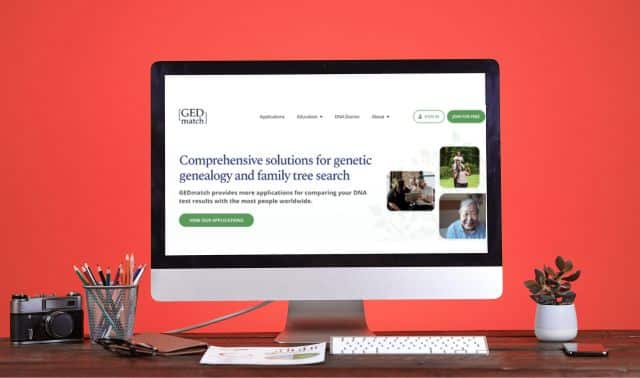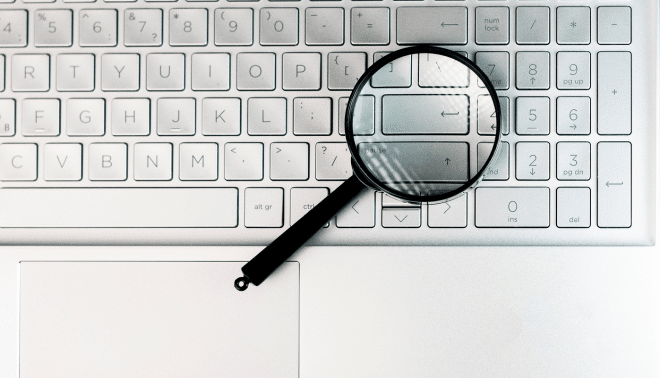Sign up for the Family Tree Newsletter! Plus, you’ll receive our 10 Essential Genealogy Research Forms PDF as a special thank you.
Get Your Free Genealogy Forms
"*" indicates required fields

DNA testing is a powerful new tool for genealogists. And just like any other genealogical record, it’s capable of revealing secrets.
For example, the results of a DNA test can reveal relationships that were either long-forgotten, or were long-held family secrets. Knowing this, what should you do when you discover a secret in your family?
You can follow a few important steps before testing that will help prepare you and the test-taker for potential surprises:
- Explain to prospective test-takers that you may discover family secrets and unknown relationships through a DNA test. The test-taker can then make an informed decision about whether or not to test, and will be better prepared for possible outcomes.
- You can also ask the test-taker—again, before testing—whether he or she would even like to know any surprises or unexpected findings that are uncovered. Some family members may decide that they’d rather not know, and that decision will guide how you respond to any discovery you make.
And what should you do if you find something unexpected in your research? If you uncover an unknown relationship or family secret, break the discovery to the affected relatives slowly and carefully. Are you absolutely certain about your conclusion, or is there room for other interpretations? What can you do to confirm the result before sharing information that might not be correct?
Once you’re sure you’ve discovered an unknown relationship or family secret, you must then decide what to do with that information. Even if the relationship you’ve found is hundreds of years old, it will likely have an impact on living individuals and thus must be considered carefully. If the family member involved has indicated that she wants to know about any uncovered surprises, you can thoughtfully and gently share the new information with her, keeping the emotional impact of the discovery in mind. If the family member has indicated that he’d rather not know, you have a responsibility not to share that information with him. For thousands of people, the discovery of family secrets is an inevitable part of genetic genealogy—but that doesn’t mean those secrets should always be divulged.







